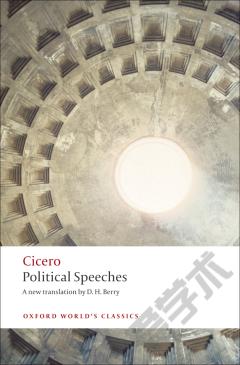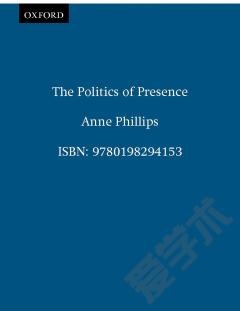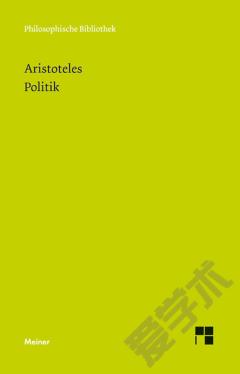Underside of Politics
This book argues that during the Cold War modern political imagination was held captive by the split between two visions of universality-freedom in the West versus social justice in the East-and by a culture of secrecy that tied national identity to national security. Examining post- 1945 American and Eastern European interpretive novels in dialogue with each other and with postfoundational democratic theory, The Underside of Politics brings to light the ideas, forces, and circumstances that shattered modernity's promises (such as secularization, autonomy, and rights) on both sides of the Iron Curtain. In this context, literary fictions by Kundera and Roth, Popescu and Coover, Kis and DeLillo become global as they reveal the trials of popular sovereignty in the fog of the Cold War and trace the elements around which its world discourse or global picture is constructed: the atom bomb, Stalinist show trials, anticommunist propaganda, totalitarian terror, secret military operations, and political targeting.
{{comment.content}}








 京公网安备 11010802027623号
京公网安备 11010802027623号